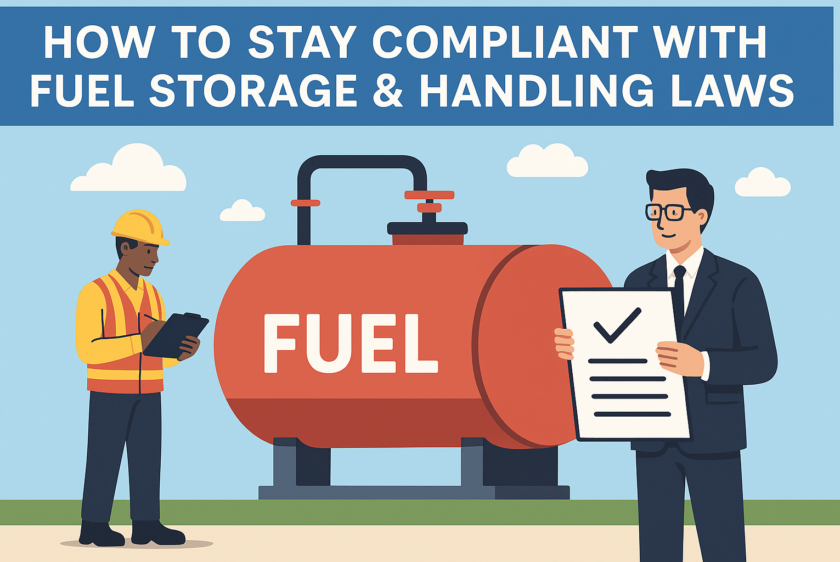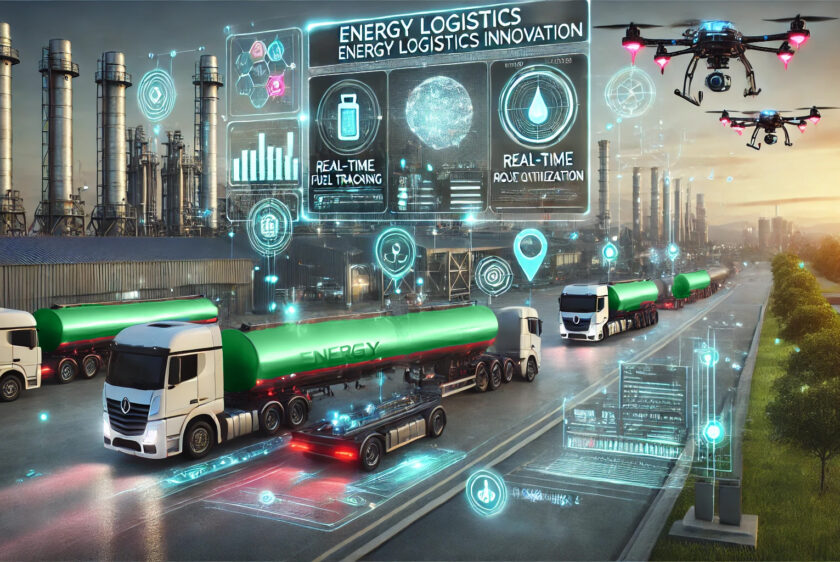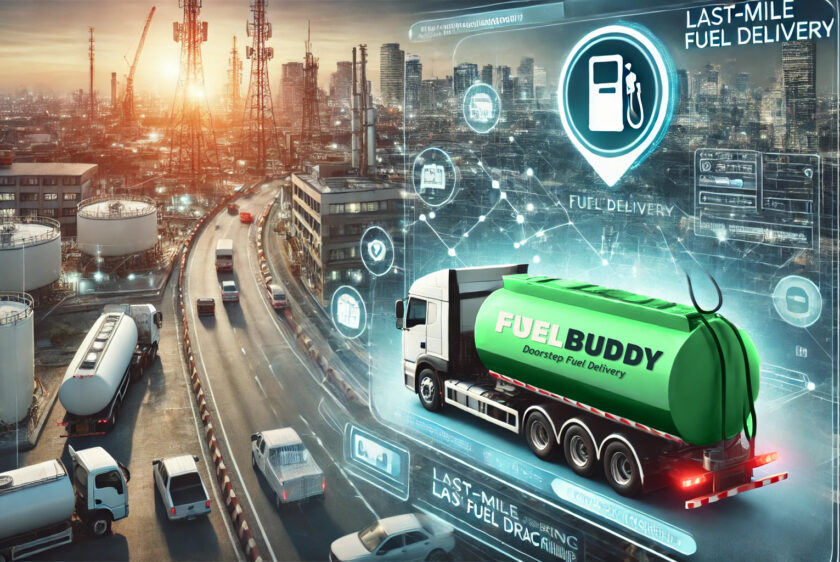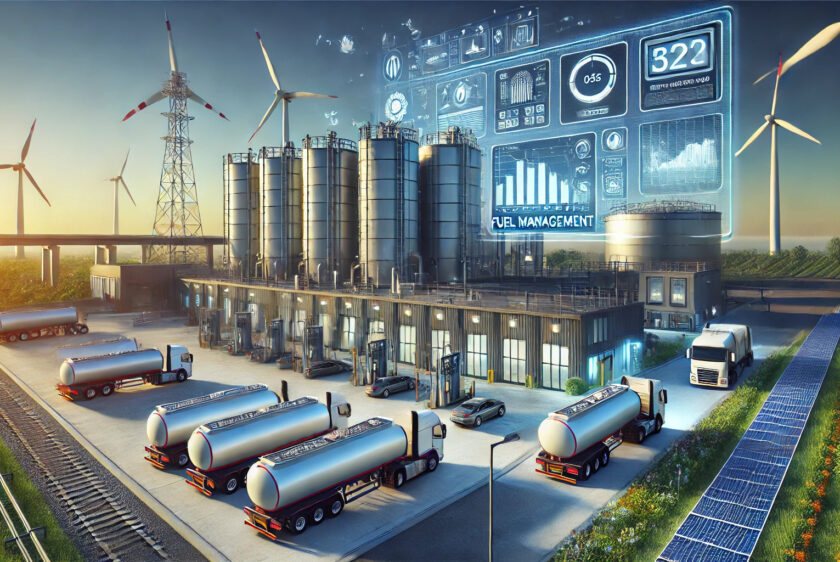How to Stay Compliant with Fuel Storage & Handling Laws
When diesel is the lifeblood of your operations, how you store and handle it can make or break your business. From powering construction sites to fueling critical infrastructure across manufacturing and mining, diesel plays an indispensable role in India’s industrial engine. But while fueling progress, it’s easy to overlook the silent risk that improper storage and handling can pose. One minor lapse can spiral into environmental hazards, lega...

















